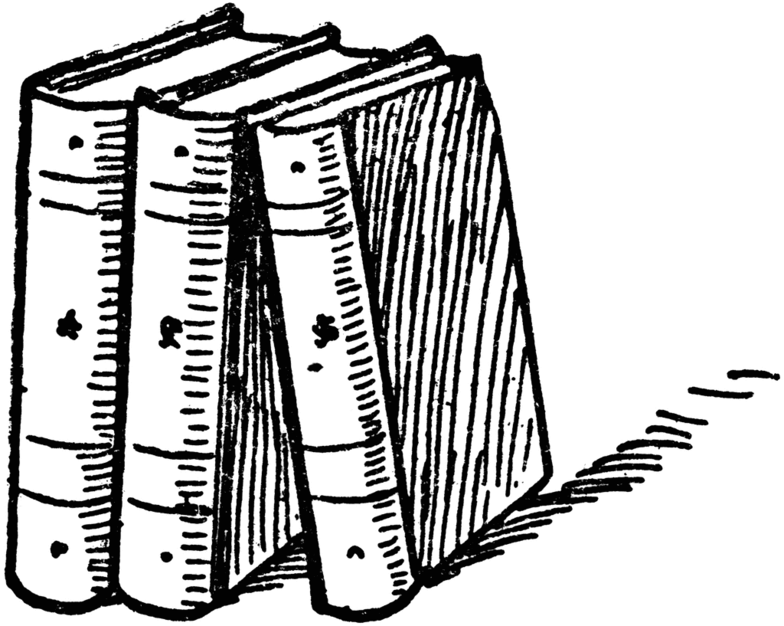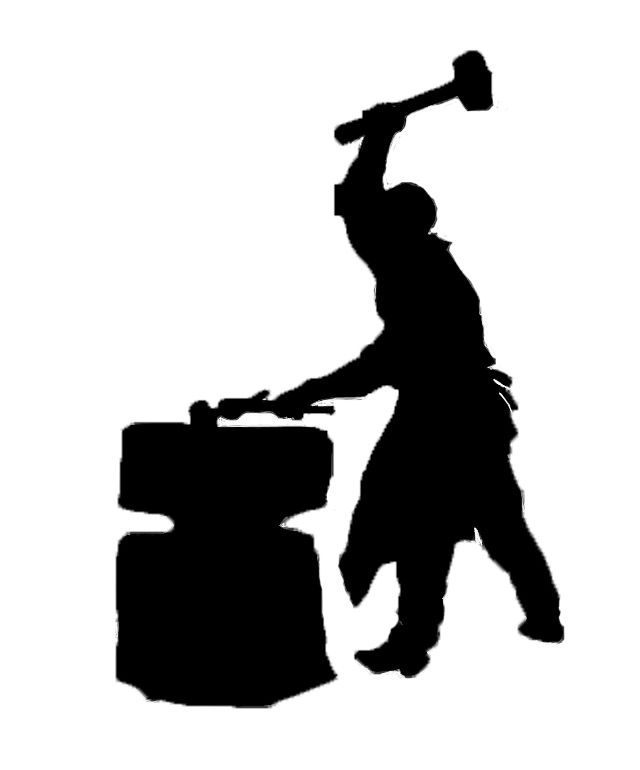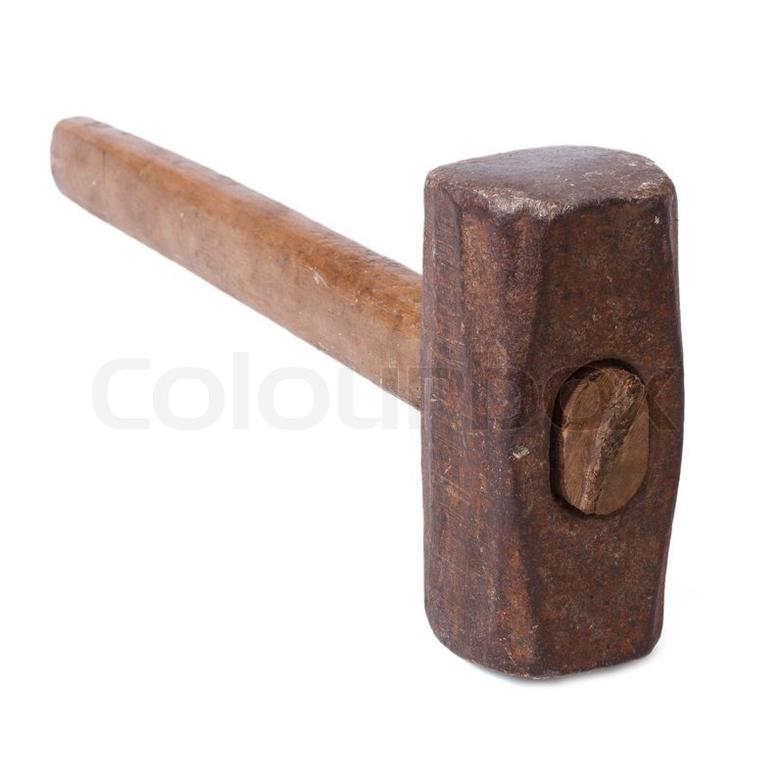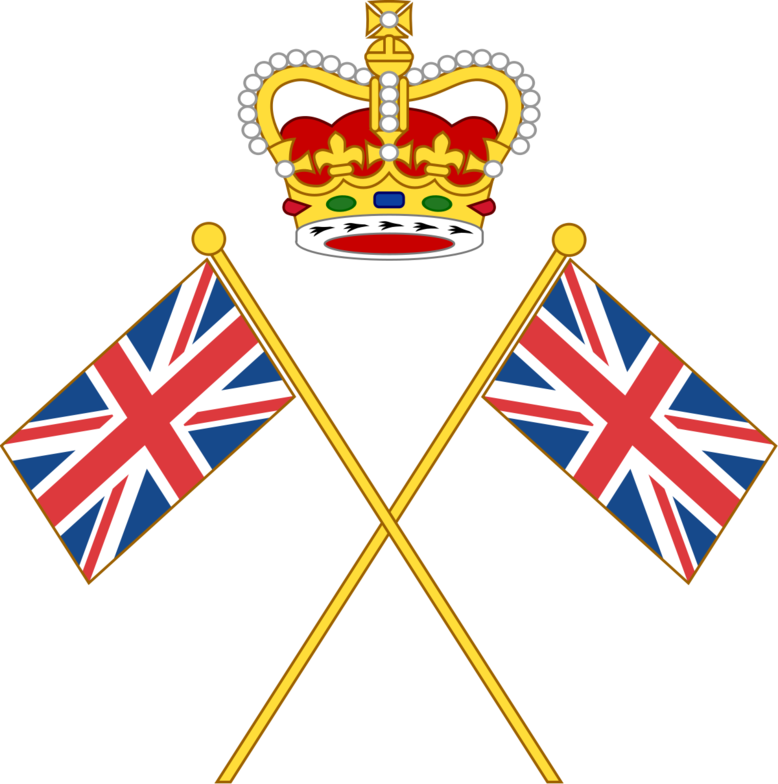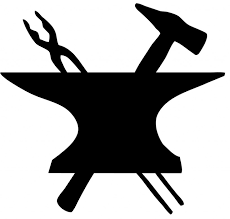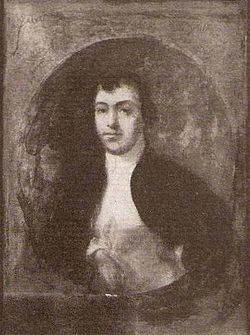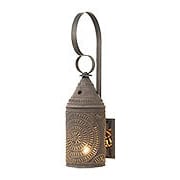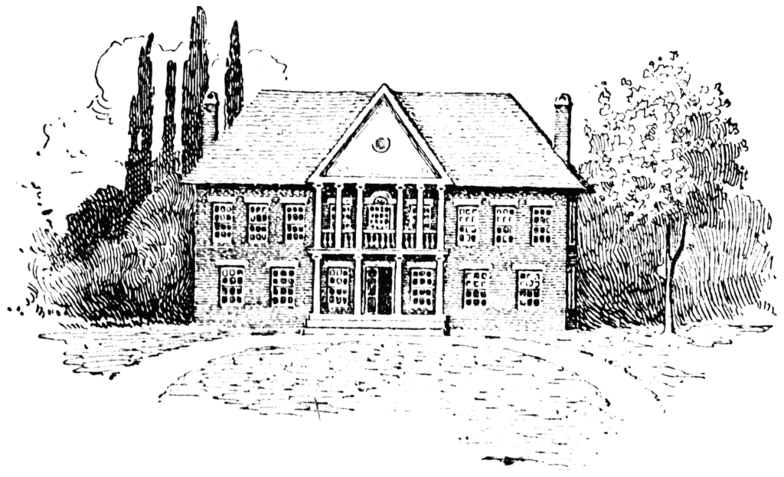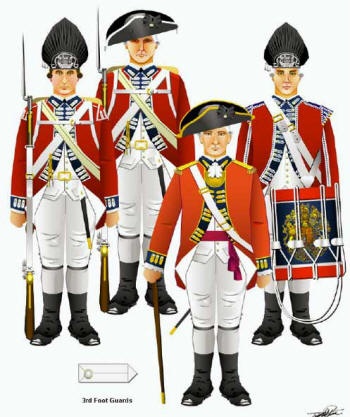SoulsinMyFamily.org
Isaac Jefferson
"He Bore a Good Character"
Isaac waited patiently for the interview to begin. To think that he had this chance to talk about Old Master and his life at Monticello! He was over seventy years old but he remembered those years so well...Reverend Campbell, the interviewer, was ready to write it all down. He added this statement to Isaac's memoir:
"...He is quite pleased at the idea of having his life written and protests that every word of it is true; that is, of course, according to the best of his knowledge and belief..." (1)
Isaac was born at Monticello in December, 1775, the third son of Great George and Ursula. Like most young slave boys he probably spent his time during light work around the plantation. Because Ursula was a cook, his chores might have been in the kitchen, where there was a need for firewood and water and lighting fires.
When Mr. Jefferson became Governor of Virginia, Isaac's family was moved to Williamsburg. In his memoir, he spoke of the wagon reaching the colonial capitol - he was around six years old at the time.
"Mr. Jefferson was living in the College. Isaac and the rest of the servants stayed in the Assembly house, a long wooden building. Lord Botetourt's picture was there." (2)
Although he was very young, he was in a position to witness history:
"After one year the government was moved from Williamsburg to Richmond. Mr. Jefferson moved there with his servants, among 'em Isaac...Mr. Jefferson lived in a wooden house near where the palace stands now." (3)
During the war the British invaded Virginia. The Jefferson family fled west to escape capture but the slaves at the Governor's house were taken prisoner.
"When they (the British) come back to Richmond, they took all Ol' Master's from his house. All of 'em had to walk except Daniel and Molly (children of Mary, the pastry cook) and Isaac. He was then big enough to beat the drum, but couldn't raise it off the ground; would hold it tilted over to the side and on it that way... And so the British carred them down to Little York [Yorktown]." They marched straight through town and camped jist below back of the battlefield. Mr. Jefferson's people there was Jupiter, Sukey the cook, Usley (Isaac's mother), George (Isaac's father), Mary the seamstress, and children Molly, Daniel, Joe, Wormley, and Isaac." (4)
Isaac went on to describe the siege at Yorktown and how the Monticello slaves were treated by the British soldiers.
"The British treated them mighty well; give 'em plenty of fresh meat and wheat bread. It was very sickly at York; great many colored people die there, but none of Mr. Jefferson's folks... There was tremendous firing and smoke - seemed like heaven and earth was come together. Every time the great guns fire Isaac jump up off the ground. Heard the wounded men hollerin'. When the smoke blow off, you see the dead men laying on the ground." (5)
After the American victory, the slaves were returned home. Isaac said:
"General Washington brought all Mr. Jefferson's folks... back to Richmond with him... Old Master sent down two wagons right away, and all of 'em that was carred away went up back to Monticello... Old Master was mightily pleased to see his people come back safe and sound..." (6)
Queries
How accurately could a six year old boy remember this event?
How do you think Isaac felt about what had happened to his family?
When Isaac grew older and had gained experience in the nailery, Mr. Jefferson took him to Philadelphia to learn the tinsmithing trade. He remembered it this way:
"The fust year Mr.Jefferson was elected President, he took Isaac on to Philadelphia. He was then about fifteen years old...Isaac stayed three days at Mr. Jefferson's house. Then he was bound prentice to one Bringhouse, a tinner...Fust week larnt to cut out and sodder; make little pepper boxes and graters and sich, out of scraps of tin, so as not to waste any till he had larnt. Then to making cups...Isaac made four dozen pint cups a day... He lived four years with Old Bringhouse...When Isaac carred the cups to his Old Master to show him, he was mightily pleased. Said,"Isaac you are larnin mighty fast; I bleeve I must send you back to Vaginny to car on the tin business." (7)
In 1797, Mr. Bringhurst came to Monticello to assist in setting up a tinsmith shop.
" Isaac went back to Monticello. When the tin came they fixed up a shop. Jim (John) Bringhouse came on to Monticello all the way with Old Master to fix up the shop and start Isaac to work. Jim Bringhouse stayed thar more than a month." (8)
Note: Isaac's memoir is the only document mentioning Mr. Bringhurst coming to Monticello.
The tin shop was not as successful as Mr. Jefferson's nailery.
"Isaac carred on the tin business two years. It failed. He then carred on the nail business at Monticello seven years - made money at that. Mr. Jefferson had the first [nail]cutting machine 'twas said, that ever was in Vaginny - sent over from England. Made wrought nails and cut nails, to shingle and lath. Sold them out of the shop..." (9)
Isaac also mentioned details about Mr. Jefferson's treatment of the nailboys:
"Mr. Jefferson bowed to everybody he meet; talked wid his arms folded. Gave the boys in the nail factory a pound of meat a week, a dozen herrings, a quart of molasses, and peck of meal. Give them that wukked the best a suit of red or blue; encouraged them mightily. Isaac calls him a mighty good master." (10)
Queries
Why was the tin shop a failure and the nailery a success?
Why would a red or blue suit of clothes encourage the nail boys to work harder?
Isaac married a woman named Iris. they had two sons named Squire and Joyce and a daughter, Maria. In 1797 the family was deeded to John Eppes when he married Mr. Jefferson's daughter, Maria.
"Negroes alienated from 1784 to 1794 inclusive
Marriage settlement to J. Eppes Oct '97
Isaac
Iris
Squire
Joyce (11)
Mr. Bacon, the Monticello overseer, purchased Maria, the daughter of Isaac and Iris, from Thomas Mann Randolph in 1818. Mr. Randolph was in need of some cash and was forced to sell some of his slaves.
Bacon noted in his memoir:
"Governor Randolph was a very poor manager. He often had to sell off Negroes to pay his debts. Here is a bill of sale for a woman I bought of him. She belonged to an excellent family of servants. He wished me to take another woman instead of her, but I preferred her decidedly and would not do it, and, as he was obliged to raise the money, he let me have her." (12)
The bill of sale stated:
"I hereby convey to Edmund Bacon, for the sum of five hundred dollars...a full and indefeasible right, title, and estate in a female slave, Maria, daughter of Iris, born at Edgehill, this day put into his possession...Witness my hand and seal this October 9th, 1818. Th. M. Randolph (13)
Thomas Mann Randolph was in need of a blacksmith, so he hired and later purchased Isaac's family from Mr. Eppes.
"Thomas Mann Randolph had ten children. Isaac lived with him fust and last twenty-six or seven years. Treated him mighty well - one of the finest masters in Virginia. His wife a mighty peaceable woman; never hollar for servant; make no fuss or racket; pity she ever died!" (14)
Mr. Jefferson also wrote about the transfer of Isaac:
"...you will of course take Isaac when you please. I expect some new tools I have sent on for George will be in Richmond by the time you get this. as soon as smith George receives them, Isaac is to have his anvil, vise, and beak iron, as also the large new bellows nearly finished when I left home..." (15)
Queries
What did Isaac think about this moving around of his family?
Did he have any say in the decision?
Isaac worked at Edgehill (the Randolph plantation) and Monticello for the next twenty six years and somehow gained his freedom. When interviewed by Reverend Campbell, he was living in Petersburg (south of Richmond) and was running his own blacksmith shop. The interview was done in Petersburg in 1847. Reverend Campbell describes Isaac:
"[Isaac is now (1847) at Petersburg, Virginia, seventy large odd years old; bears his years well; is a blacksmith by trade and has his shop not far from Pocahontas bridge. He is quite pleased at the idea of having his life written and protests that every word of it is true; that is, of course, according to the best of his knowledge and belief. Isaac is rather tall, of strong frame, stoops a little, in color ebony; sensible, intelligent, pleasant; wears large circular ironbound spectacles and a leather apron. A capital daguerreotype of him was taken by a Mr. Shew...]" (16)
Reverend Campbell's last statement in the memoirs was the note:
"P.S. Isaac died a few years after these his recollections were taken down. He bore a good character." (17)
Queries
How could Isaac have obtained his freedom?
How did he manage to set up his own blacksmith shop?
Why did he use the last name "Jefferson"?
Sources
(1) Jefferson at Monticello: Memories of a Monticello Slave, Bear,dictated to Charles Campbell by Isaac, page 23.
(2) Ibid, page 5.
(3) Ibid, page 6.
(4) Ibid, pages 9-10.
(5) Ibid, page 10.
(6) Ibid, page 11.
(7) Ibid, pages 13-14.
(8) Ibid, page 15.
.
(9) Ibid, page 16.
(10) Ibid, page 23.
(11) Farm Book, page 25. Monticello Digital Classroom.
(12) Jefferson at Monticello, edited by James Bear, interview of Edmund Bacon by Rev. Hamilton W. Pierson, page 91-92.
(13) Ibid, page 92.
(14) Jefferson at Monticello: Memories of a Monticello Slave, Bear,dictated to Charles Campbell by Isaac, page 16.
(15) Thomas Jefferson to Thomas Mann Randolph, January 25, 1798, Founders Online.
(16) Jefferson at Monticello: Memories of a Monticello Slave, edited by James Bear, dictated to Charles Campbell by Isaac, page 23.
(17) Ibid, page 24.
Thomas Mann Randolph, Jefferson's son in law
Memoir to History
War Comes to Virginia
The Siege at Yorktown
Learning a New Trade
Reverend Campbell and the Interview
Off to Williamsburg
Dealings with Mr. Randolph
The Old Capitol at Williamsburg
Mr. Bacon and Mr. Randolph's Agreement
